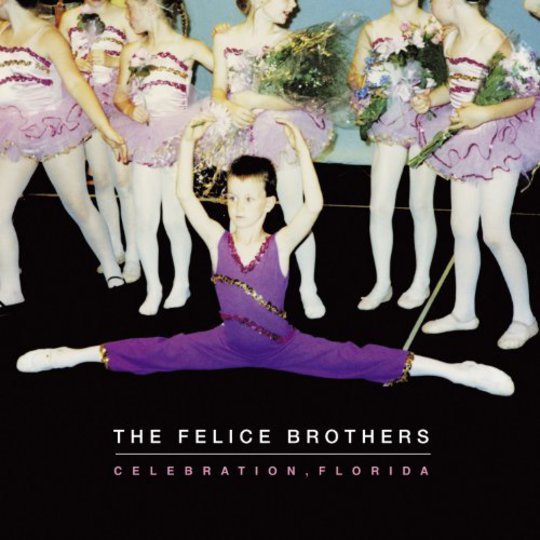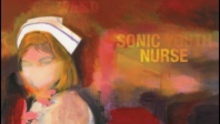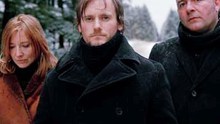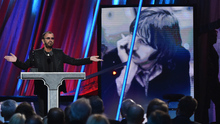The Felice Brothers are an act that clearly put serious thought into the nomenclature of their work; Yonder Is The Clock, their last album proper, took its title from a posthumously published novella by the American author Mark Twain. In so doing they linked the band to a writer associated with works of humour, social criticism and rich characterisation, all themes applicable to The Brothers’ back catalogue.
The reference helped to build upon a fairly specific furrow the band had been ploughing up to and including that release, specifically the grittier side of Americana, where traditional instrumentation and production is combined with evocative storytelling. The furrow was being ploughed to great success, with comparisons to other great American storytellers such as Dylan, Springsteen and Young neither uncommon nor ill-conceived.
It was with no small forethought, then, that this latest full length was given its own evocative and import-laden title, as it serves to signal a clear departure from what most assumed would be the steady sonic course of The Felice Brothers’ career.
Celebration, Florida is a town in Osceola County situated in close proximity to Disney World and originally developed by the Disney company in the late Nineties. It has been variously compared to the town of Stepford in Ira Levin’s novel, or a triumphant return to small-town values. For The Felice Brothers it serves as the reflection of their new musical direction, which, whilst shifting to incorporate the late twentieth and early twenty-first century influences of synth-pop and hip-hop production, has retained its focus on the stories, curtain twitching and mystery that an artificially created town of under three thousand affords. To make the connection perfectly clear, there’s a slightly uncomfortable moment during standout track ‘Oliver Stone’ where Ian Felice exclaims “I’m still upset at that worthless tramp / for leaving me to die on that winter night”; to-date, Celebration has had one recorded murder for which a homeless man was charged in November 2010.
The new additions to their musical palette are introduced slowly; it is only after opening barnstormer ‘Fire At The Pageant’ that anything particularly drastic happens, as an organ part that wouldn’t be out of place in a haunted cathedral gives way to a delicate, calming piano, digital percussion and a vocal that is strangely evocative of Reveal era REM on ‘Container Ship’. It’s a shock, but not an entirely unwelcome one. Styles then seesaw as the accordion and drums that open ‘Honda Civic’ are replaced with a well-arranged, triumphant horn section and vocoded vocals. Lyrically we’re still on tried and tested ground, as Ian Felice sketches out the scene with minimal effort and maximum charisma “There’s a confrontation at the Wonder Bread warehouse downtown / Security cameras are mounted on the gate / Three shots in the windshield, four in the passenger side / Now there’s mass confusion clogging up the interstate”.
This juxtaposition of the familiar with the new is constantly evidenced throughout the album, either implicitly through the presence of Malcolm Cecil (ex-leading light of the UK jazz scene but also founder of TONTO’s Expanding Head Band, a project based around synthesisers) or explicitly via the seguing between ‘Oliver Stone’ and ‘Ponzi’, as samples and outtakes are intercut to give the impression of the continuous turning of the dial on an analogue radio. It’s a combination that works well on many an occasion, whether it be the synth-driven middle eight of single ‘Ponzi’, the contrasting of a drum machine with a scratchy violin part and almost spoken vocal of ‘Back in The Dancehalls’ or the more traditional album closer ‘River Jordan’.
The problem is that all these individual elements struggle to work as a whole; whilst individual sections and tracks can be satisfying, when combined as an album the experience is confusing and ultimately slightly frustrating. You can’t help but think that The Felice Brothers were stuck in a Catch-22 regarding the development of their sound; damned if they did, damned if they didn’t. On the strength of this offering it’s clear that while the mix isn’t quite there yet, the approach being taken is worth pursuing.
-
6James Atherton's Score






















